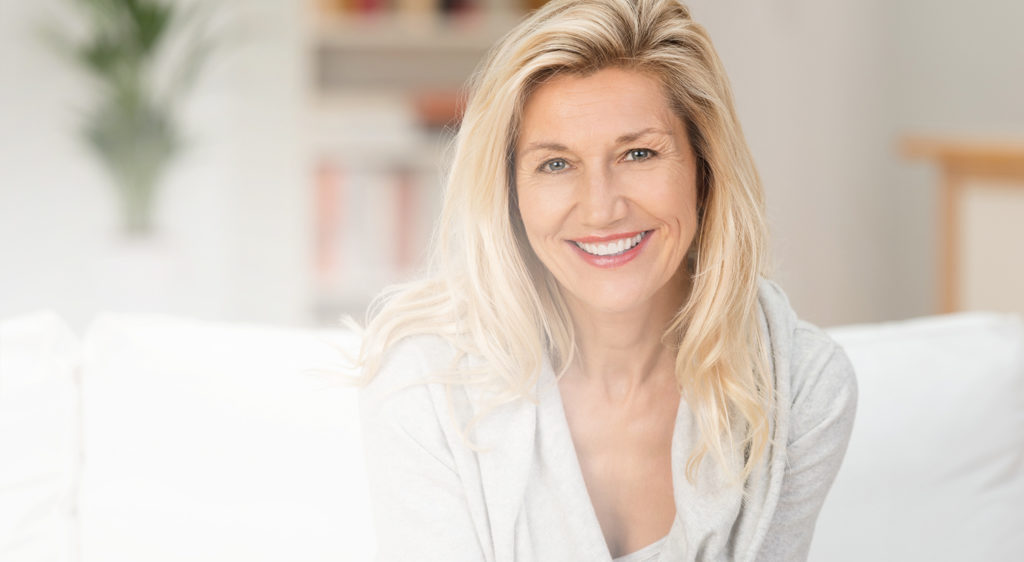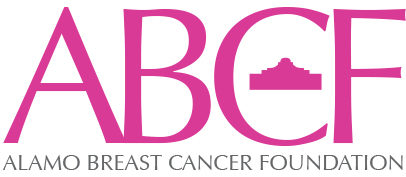
Alamo Breast Cancer Foundation (ABCF) established the Patient Advocate Program, a component of the San Antonio Breast Cancer Symposium (SABCS).
- Advocates in Numbers
- The 2016 Patient Advocate Program Wrap Up
- 2016 Sponsors
- Breast Cancer Advocate Reports
Why Patient Advocates are Necessary
Educated patient advocates provide a unique perspective which cannot be duplicated by others. They are the ones who ultimately receive health care services and along with their families, are required to engage and navigate the complexities of the health insurance system. They have no agenda in the scientific community other than looking for the best science; they have no conflict of interest. Their perspective cannot be duplicated by the doctors who care for them or the scientists who search for answers, even if these doctors and scientists too are patients. A lay advocate perspective is key to moving forward to help end breast cancer.
The SABCS and Patient Advocate Program take place in early December of each year at the Henry B. Gonzalez Convention Center in San Antonio, Texas. By attending this conference, patient advocates learn about the most recent breast cancer research so they can disseminate the information to their local organizations. ABCF is privileged to be associated with the SABCS, the largest single cancer conference in the world.
During May of each year, the ABCF advocate scholarship application is posted on the ABCF website. The requirements to qualify for a scholarship are also posted at that time along with the amount of the scholarships.
Background Information on the Patient Advocate Program at SABCS
The program was originally conceived when Drs. Charles Coltman and Kent Osborne observed the increasing number of patient advocates attending the SABCS to better understand the data affecting their advocacy efforts. In 1996, Drs. Coltman and Osborne approached the ABCF with the idea of a collaborative patient advocate program to be held annually in early December in conjunction with the SABCS. From their embryonic idea, the ABCF Patient Advocate Program was born.
Since 1997, ABCF has invited representatives from breast cancer patient advocate organizations from around the world to apply for scholarships (provided they meet the scientific criteria) in order to attend the December SABCS conference plus the education and mentor sessions that ABCF holds for all patient advocates attending. To date there have been over 800 applicants and ABCF has provided scholarships to 540 patient advocates.
Historically the feedback on the Patient Advocate Program has been outstanding. In 2006 the National Breast Cancer Coalition awarded the program the Best Practices in Breast Cancer Award for outstanding achievement and collaborative success. ABCF is very proud of this recognition and hopes to continue this level of impact on the advocacy community in the years to come. In addition, it is an honor that organizations in other countries have begun programs based on ABCF’s Patient Advocate Program.
Some of the comments from our former scholarship advocates are:
I am more confident in my advocacy in the Netherlands than before. I was very inspired by the way patient advocacy works in the US. Because of this program, I am now the advisor to the program manager from BVN and I work with her in different projects in organizing the patient advocates from BVN. We make slow progress but it is clear that we had to do something in Netherlands. We now have a patient advisory board with cooperation from BVN and BOOG (the group that coordinates clinical trials in the Netherlands). I am now asked to speak at international symposiums about breast cancer. I feel confident enough to do this thanks to your program in San Antonio.
—Marja
Attending the Patient Advocate Program gave me a snapshot of the current state of breast cancer research. There I no other way I could get a sense of the “big picture” of what’s going on. It allowed me the opportunity to meet other patient advocates to share ideas and to recharge my advocacy batteries. The connections are already proving fruitful. I’m a patient advocate involved with cancer research at Cornell University. I met advocates involved at Georgetown University. We’ve gotten researchers at the two programs to begin communicating with each other to share ways of involving advocates in their research areas.
—Bob
The Patient Advocate Program provided me with excellent background and up to date information. The mentor sessions were able to clarify information. After SABCS, I was able to serve on a DOD review panel. I have now served on two DOD panels. On my end in Puerto Rico, after SABCS I realized the need to train more Hispanic advocates in science to have a voice and to work with scientists. I also wrote an article for the Association of Clinical and Translational Science titled: Scientists and Advocates, A Great Combination which was published.
—Barbara
After the Patient Advocate program, I was far more confident within the research community and my blogging became much more focused on research and proper dissemination of information. Shortly after SABCS, I was invited to assist on a grant for very basic science research. I wrote the lay abstract and the grant was subsequently funded by Komen at 1 M, the highest funding level. I was brought into the labs to speak with those working under the P.I.’s about the role of the patient advocate in research. Beyond that, because of the tweeting Lori and I did from the presentations, we both became well-respected advocates within the breast cancer community. I was also invited to participate in the AACR Science Survivor program and in 2016 invited to be a mentor in that program. None of this would have happened without your program that lead the way for me. I interviewed Dr. Julie Gralow for one of the You Tube presentations and as a result of that, it was viewed by someone who was scheduling presentations for the SWOG annual meeting. That interview, which I kept on my blog, I was told, was one of the main reasons I was invited to do a presentation for the researchers. Thank You!
—AnnMarie
